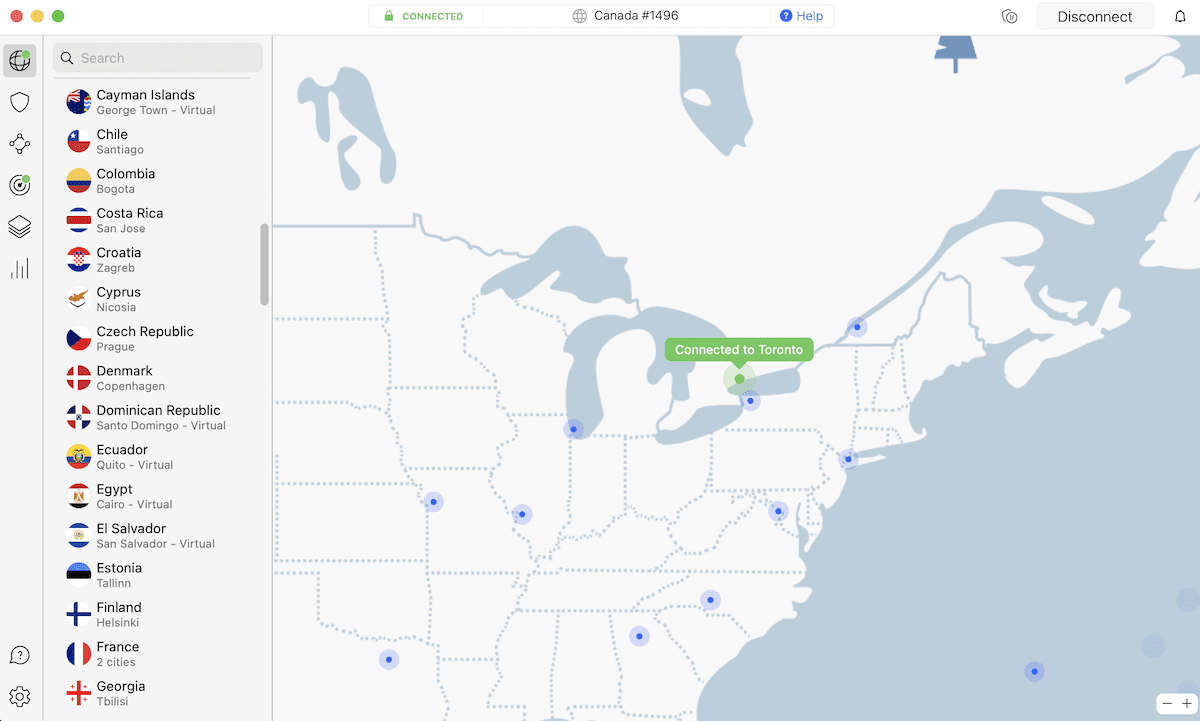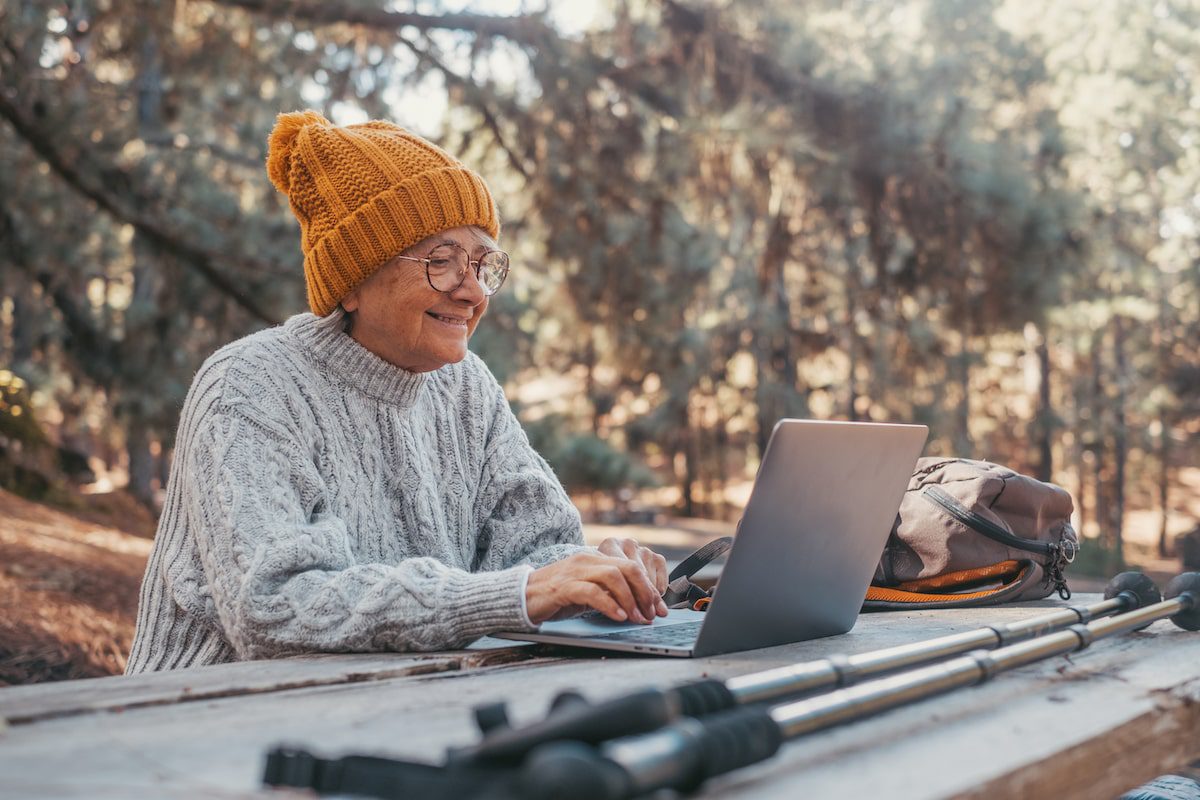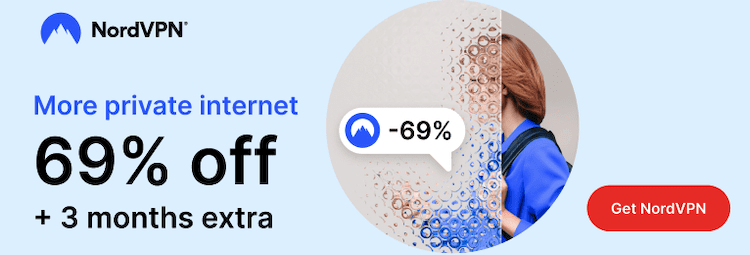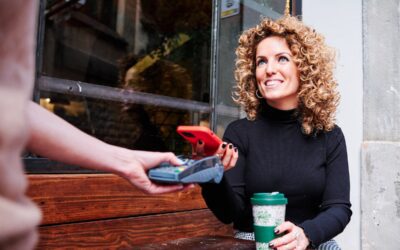Last updated on November 24th, 2024
Featured image: What is a VPN and how can it help keep you safe while travelling? | Photo by PerfectWave003 on Envato
VPN technology helps women stay safe from hackers
by Carolyn Ray
Welcome to our Travel Technology column, where I attempt to answer your questions about the mystifying, ever-changing and evolving world of technology. Having spent years working in the technology industry with IBM and other notable firms, I have always been an early adopter and feel qualified to share my personal experiences or find those who know more than me, which often includes our readers. I always encourage you to review other sources and consult with experts.
Topic of the week: What is a VPN or Virtual Private Network
One of the most frequent questions on our private Solo Travel Wisdom group is about staying connected while travelling.
Question: “When you travel do you use a VPN service? If yes, which one? I am not tech savvy at all but someone suggested with the way I travel and as much as I travel, I should get a VPN?” — Jady B.
Our take: While you may not need a Virtual Private Network all the time in your travels, it is essential when it comes to protecting your privacy and data when you travel. If you’re using public Wifi, particularly networks without a password, this is not secure. Hackers can get access to your phone or computer. Most VPN products can easily be turned on or off as needed.
No mobile phones or computers are immune to cyber threats. We recommend paid premium services over free VPN services, which can collect your data, flood you with ads and have limited functionality. Some of the companies that offer paid VPNs include Nord VPN, Express VPN, Norton Antivirus, and McAfee.
Editorial note: JourneyWoman may earn revenue from this article from the company mentioned if you choose to purchase their product, but there is no cost to you for this. Our perspective is informed by our readers and our personal experiences, not influenced by advertisers. We wouldn’t recommend a product we haven’t used ourselves and will state if an article of this type is paid for or sponsored by a company, which it is not in this case. Read our disclaimer here.
What is a VPN?
A VPN is short for Virtual Private Network. A VPN establishes a secure connection between you and the internet. All your data traffic then goes through an encrypted virtual tunnel. This disguises your IP address when you use the internet, making its location invisible to everyone.
A VPN gives you online privacy and establishes a secure connection which gives you better privacy than a secured Wi-Fi hotspot. Even if you are using a password-protected Wi-Fi connection in a cafe, or a hotel, these passwords are not recycled often enough in that anyone who has ever been in that cafe or stayed in that hotel can log onto the network and potentially hack your device while you’re using that connection.
“While many airports offer free WiFi connectivity, you should make sure you’re joining the real, official network from the airport and not a lookalike network that is set up to lure travellers into giving up their usernames and passwords,” says Paige Hanson, a cybersecurity expert. “Always use a VPN to keep your data private.”
Watch Paige’s Cybersecurity course for JourneyWoman here.
A virtual private network (VPN) protects your information when on public wifi. You can securely access your personal information or work files, encrypt your internet connection, and keep your browsing history private. A travel essential for all, but especially the digital nomad.
And whenever you log into any kind of Wi-Fi connection anywhere other than the one in your own home that password protected then all you have to do is just click a button.
Read More: Top Travel Tips by Women, for Women
Benefits of using a VPN
Data protection: First and foremost, having a VPN protects your privacy. If you’re travelling long-term, you’re going to need to get into your bank account, pay your bills, check your email…essentially interact with your personal data. Even when using a password-protected wifi connection, anyone who has been in that cafe or stayed in that hotel can log on to the same network and potentially hack into your device while you’re using the same connection and access your information.
Unlock content in other countries: Another benefit to using a VPN is that you can use it to find media you can’t get otherwise. For example, Netflix and Hulu offer different types of programming per location. If you’re in Canada, you might not be able to watch what’s available on Netflix in the United Kingdom. A VPN can make it appear as though you’re in another country, thereby unlocking that exclusive content.
Check airline prices incognito: Certain airlines and hotel providers may offer different prices in different currencies and also depending on the location you are booking from. Try using a VPN from a different location to see if the price of the flight or hotel you are looking at changes. Our web manager Stephanie says: “I currently live in Berlin and fly back to Canada at least once a year. This past Christmas, I was able to save over $700 CAD on my roundtrip flights from Berlin to Toronto by searching with my VPN set to Germany, rather than Canada like it normally is.”

NordVPN allows you to easily connect to a server anywhere in the world while keeping your data secure
How much does a VPN cost
Most VPN companies offer monthly and annual programs and usually have special deals. For example, Nord VPN offers the Basic package for $3.09 a month or $83.43 for the next two years. Express VPN offers a 12-month package for $6.67 a month with the first 3 months free for a total of $99.95.
When looking at VPN products, there are a few features you’ll want to consider.
Number of devices: How many devices do you want to cover? Nord VPN offers coverage for up to 10 simultaneous connections on 10 devices with one NordVPN account, including Windows, macOS, Android, iOS, and Linux.
Tracking Ad blocking: Block annoying ads, pop-ups, and banners, and stop third-party websites from tracking your online activity. Enjoy a safer, smoother, and faster browsing experience on all sites, and on every device. (Please note you can also adjust or turn off app tracking in your apps under ‘location services’.)
Malware protection: Some companies provide warnings about unsafe sites and automatically scan all downloaded files and attachments for malware. If they’re not safe to open, they’re automatically deleted to prevent any damage to your device.
Special pricing for JourneyWoman readers
Take advantage of NordVPN’s Spring Sale! Save 69% off the total monthly subscription price, plus get an extra 3 months of coverage for free. Learn more here.
Installing a VPN
VPNs are easy to use. Once you’ve created an account with the provider, download the VPN app on your computer or smartphone.
By connecting to a remote VPN server, your device will get the IP address of that server, so it will look like you are browsing from a different country than you really are. It will protect your privacy from snoopers and local internet service providers (ISPs).
Once you’ve signed in with your account, you typically choose from a list of remote servers located around the world. Click on the one you’d like, and the system should automatically connect you. Once you get confirmation that you’re connected, you can use your device as you normally would without your VPN. You can disconnect or change your server from your app’s home screen.
What women say about using VPNs
“I’ve used Nord as well and that works just fine. Now, I’m using one that is automatic with Norton antivirus, so if you happen to have Norton that works fine too.” — Mary E.
“Over many years most corporations with employees who work outside (home/travel) typically install a VPN (Virtual Provider Network) on their computers for security. I tried Express VPN on a trip to the UK. It was okay in my hotel using their Wi-Fi, but not good on my phone. If you go to a hotel and sign on to their internet there is no protection between you and the bad guys. If you add a VPN, you log into that first, and you use the internet in a “secret tunnel” around your connection offering more security. I would never access sensitive information using the hotel or any outside Wi-Fi without using a VPN. So if you want to make sure that anything you do on your computer or phone is completely secure, then a VPN is the way to go. Just know that sometimes free Wi-Fi doesn’t like the VPN. Another way to secure your data is to use your cell service as a hot spot. That is usually fairly secure.” — Debbie D.
“I definitely use a VPN if I’m using wifi. The only exception might be my hotel where a unique to me password is given for wifi. Otherwise, you’re at major risk. I don’t use VPN if I am using my own data.“ – Beverly G.
“I’ve just come back from travelling around Kerala, southern India for 12 weeks. I used Nord very easy to set up on my phone and Chrome Book. I would connect to the UK. Was able to use my Netflix account ….for those sometimes boring evenings you have when travelling solo. Plus one less worry of no one hacking/ scamming me.” — Deb M.
“Definitely a lifesaver to access my bank app to pay my bills. You open your VPN and choose a server from your country. At my son’s recommendation I bought the Trust Zone and I like it very much.” — Marcelle S.
More on Travel Technology
Staying Safe in a Digital World: How Women Can Protect Online Privacy
Advancements in artificial intelligence (AI), facial recognition, wearable technology and apps are making it easier for strangers to learn personal details about us – without our consent.
JourneyWoman Webinar: Women’s Safety and Cybersecurity on November 19, 2024
Join our panel of experts on November 19 to learn how to protect yourself against cybersecurity at home and while traveling.
Travel Technology: Should I Use a Prepaid Travel Credit Card Like Wise?
Our Travel Technology series looks at the Wise prepaid travel credit card, a cost-effective way to convert currencies and travel with ease.









0 Comments
We always strive to use real photos from our own adventures, provided by the guest writer or from our personal travels. However, in some cases, due to photo quality, we must use stock photography. If you have any questions about the photography please let us know.
Disclaimer: We are so happy that you are checking out this page right now! We only recommend things that are suggested by our community, or through our own experience, that we believe will be helpful and practical for you. Some of our pages contain links, which means we’re part of an affiliate program for the product being mentioned. Should you decide to purchase a product using a link from on our site, JourneyWoman may earn a small commission from the retailer, which helps us maintain our beautiful website. JourneyWoman is an Amazon Associate and earns from qualifying purchases. Thank you!
We want to hear what you think about this article, and we welcome any updates or changes to improve it. You can comment below, or send an email to us at [email protected].